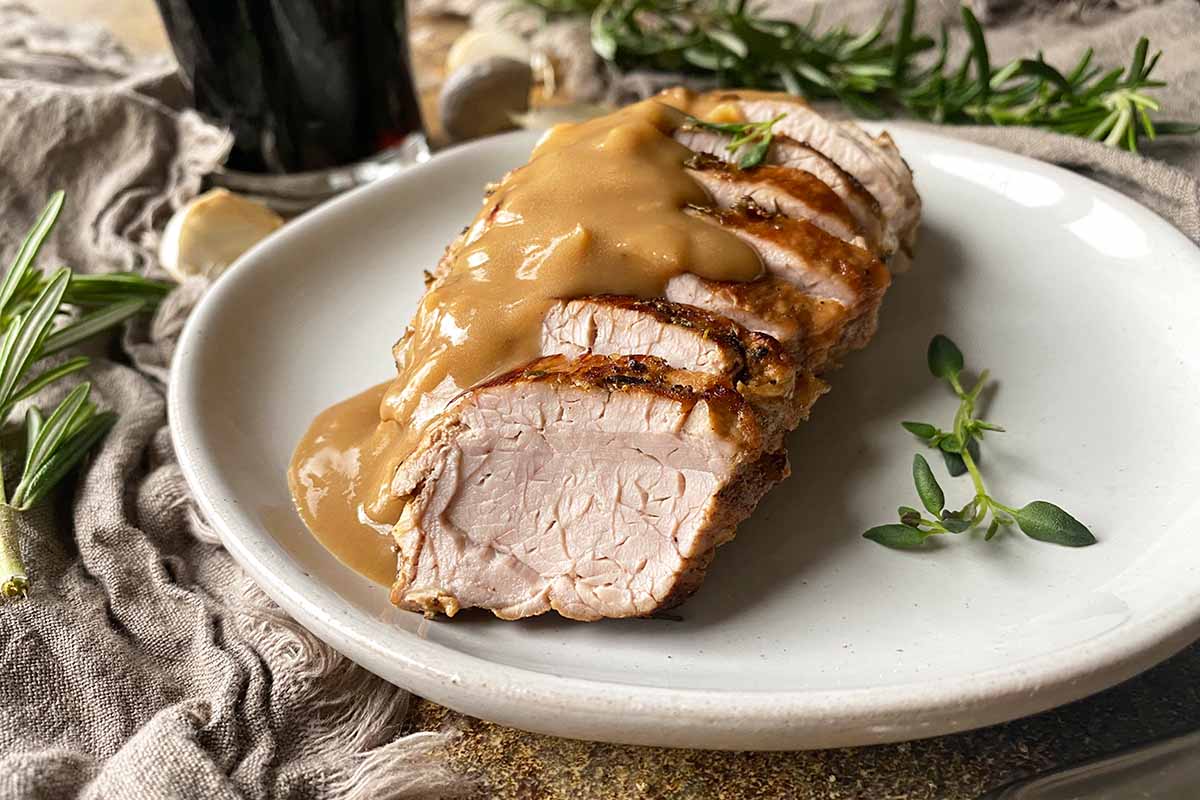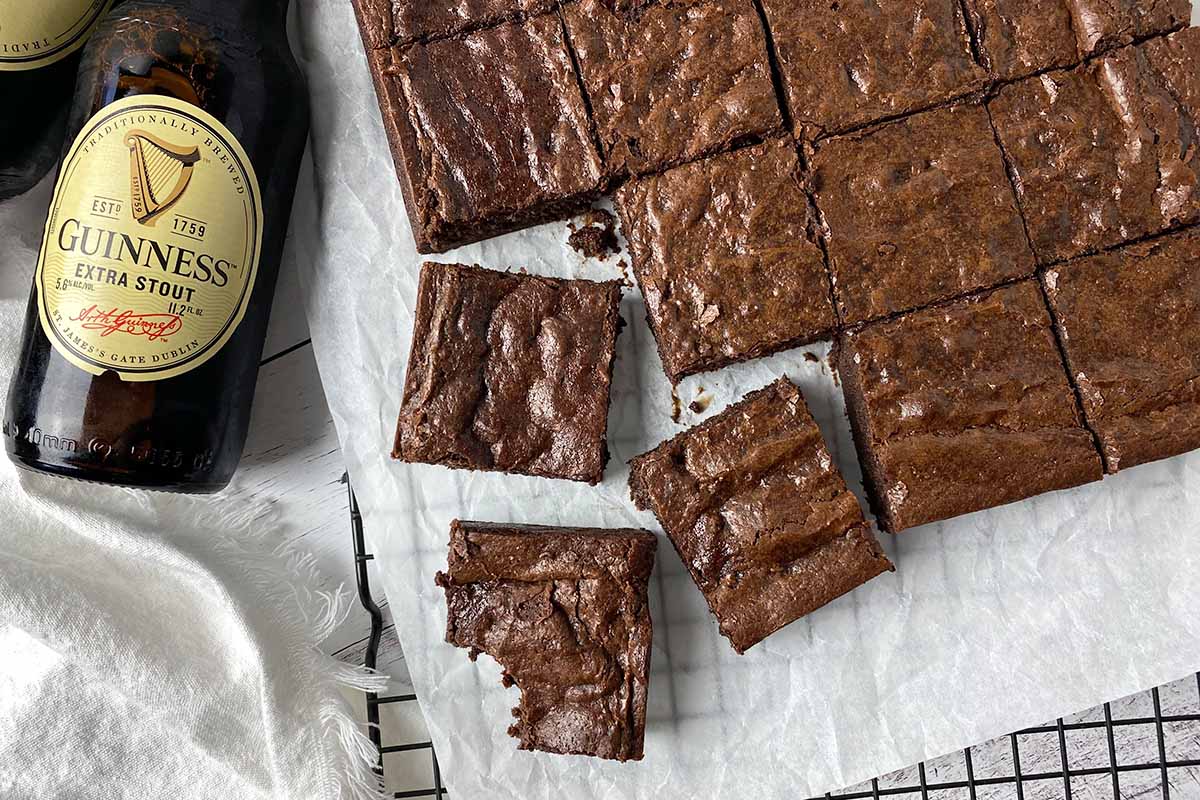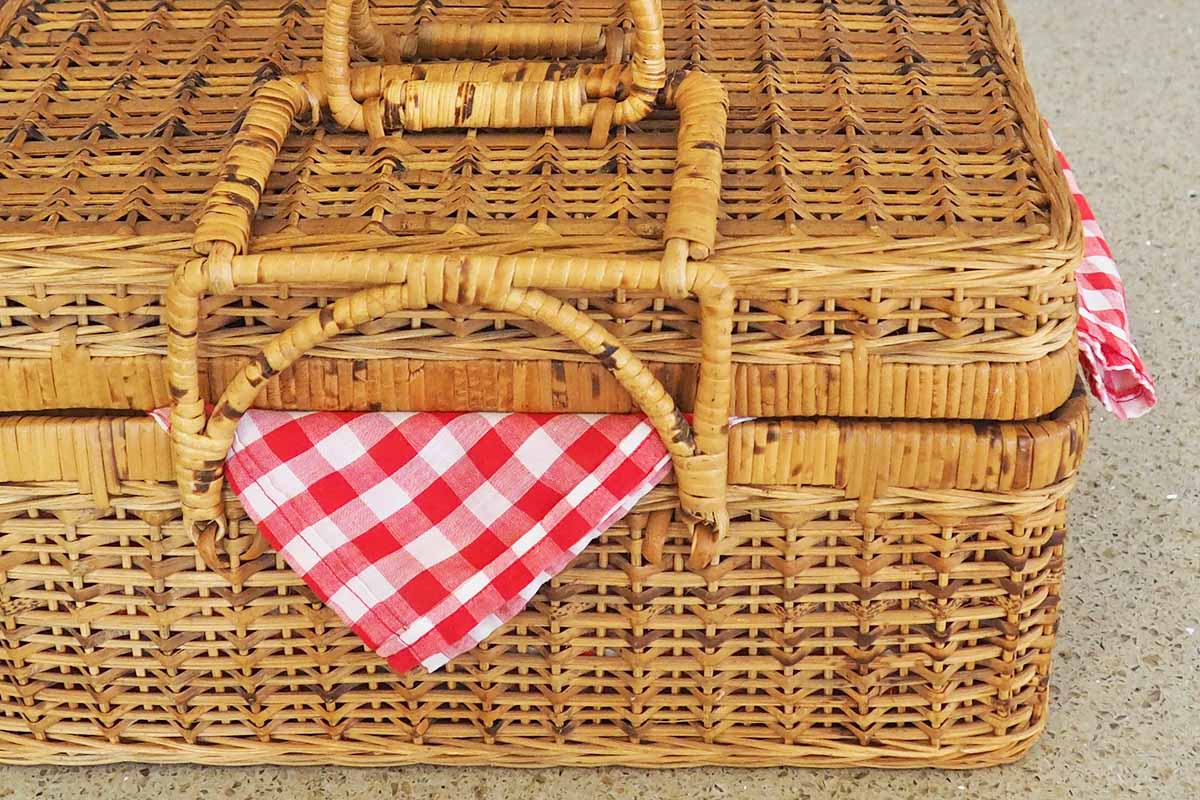Are you someone who loves the spirit of generosity and helpfulness that’s so prevalent at Christmastime?

Well, if you’d like to extend that good cheer a little longer, you might want to consider starting your own Boxing Day traditions.
Food, friendship, fun, and charity are all synonymous with Boxing Day. In modern times, so are sporting events, and even shopping – so there’s really something for everyone!
Celebrated on December 26, it’s a holiday that originated in Britain and is still celebrated in the UK, Canada, Australia, New Zealand, and most Commonwealth countries.
And, as you may have guessed, no – it has nothing to do with pugilism, boxing, or wearing enormous red gloves.
If you’re not familiar with this holiday, join us for a look at its foods, origins, modern traditions, and even how to join in on the fun and goodwill!
Early Influencers
Oddly enough, for such a popular holiday, its origins are somewhat murky. No one seems to be precisely sure how long it’s been celebrated, or exactly when it began.
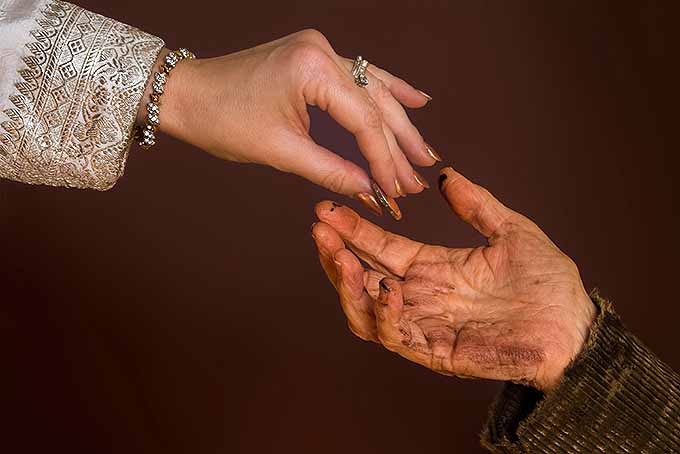
All the same, there are a few interesting theories. And one thing is for certain: it’s a celebration of generosity, spawned by the spirit of benevolence and compassion.
One of the most popular explanations holds that the tradition began in Victorian England in the mid-nineteenth century.
At the time, servants of titled landholders were required to work Christmas day and night, but they would have the following day off.
As they left the manor to spend time with their own families, they would receive a gift – or Christmas box – from the lords and ladies of the manor, typically chock-full of tasty goods.
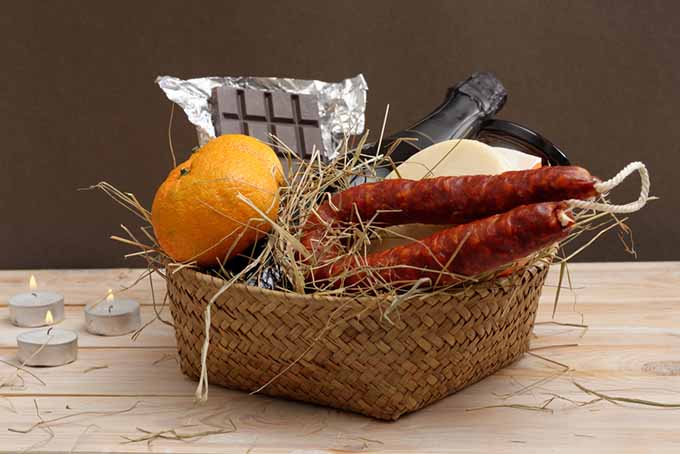
A few coins would also accompany food items for their employees’ families. Common fare for the gift container might include cold meats and cheeses, mince tarts, and exotic teas and fruit (like oranges) from the far-flung reaches of the Empire.
Good King Wenceslas
Some believe this generous tradition was sparked by the history behind the Christmas carol Good King Wenceslas, written in 1873.
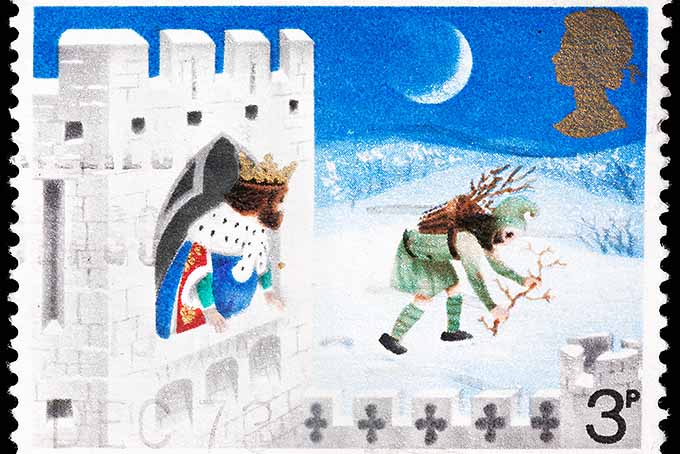
In the song, Wenceslas, the Duke of Bohemia, spies a poor man gathering wood in the snow on the feast day of Saint Stephen, which is December 26th – the same day as Boxing Day.
The Duke, later to become King, slogged through a blizzard to bring the man and his family delicious food and wine, with the help of his page.
Wenceslas strove to emulate the charitable attitudes and acts described by the Apostles, including those of Saint Stephen. As such, it was natural that the good Duke would be so galvanized and inspired to action at the sight of someone struggling on Saint Stephen’s feast day.
The Feast of St. Stephen didn’t just inspire the Duke of Bohemia on that cold evening.
It also inspired Victorian vicars, who would collect food donations during the season of Advent, and then open their alms boxes on the 26th to distribute the contents to the less fortunate – which may have then also encouraged wealthier subjects to follow suit.
Pygg Boxes
Another theory, but with older roots, points to the holiday’s beginnings in the High Middle Ages – roughly 1000-1300 AD.
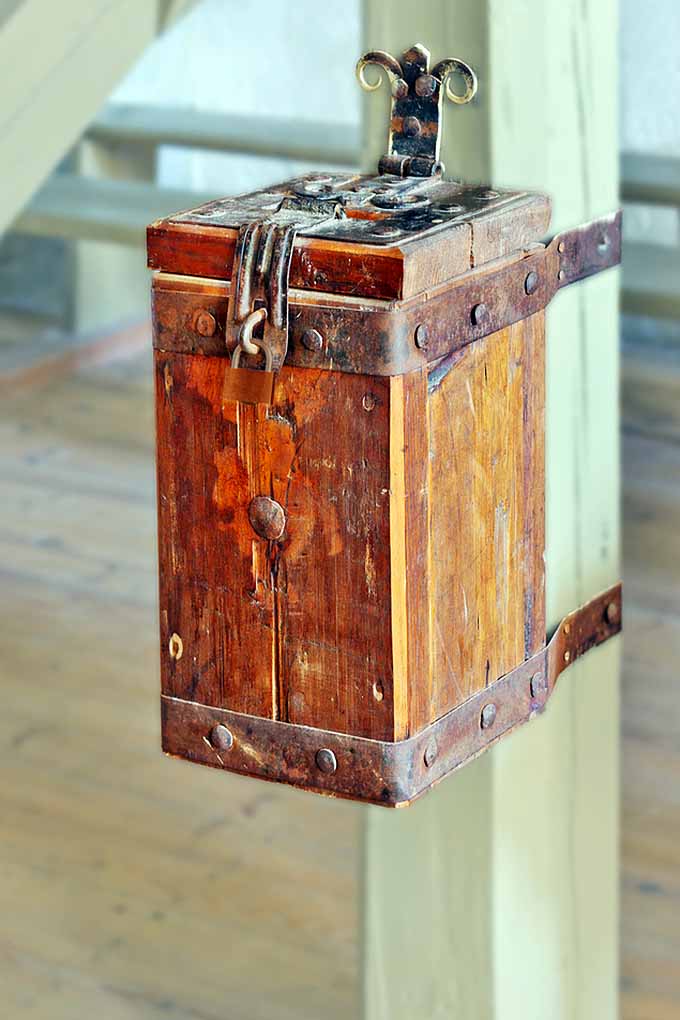
During this period, Christianity had overtaken pagan ceremonies, and Christmas had become one of the most popular Christian holidays in Europe. In keeping with Saint Stephen’s feast day, the 26th became a celebration of piety when the rich would provide gifts to the poor, often in the form of food.
This generosity was partly due to the evolving goodwill of the season, but also because December 25th was also a “quarter day” – one of four days in the year when land rent for small farmers was due.
Some land owners, in a show of compassion for those who couldn’t pay the rent, would leave tenants an anonymous gift of money in a clay pot in addition to food items.
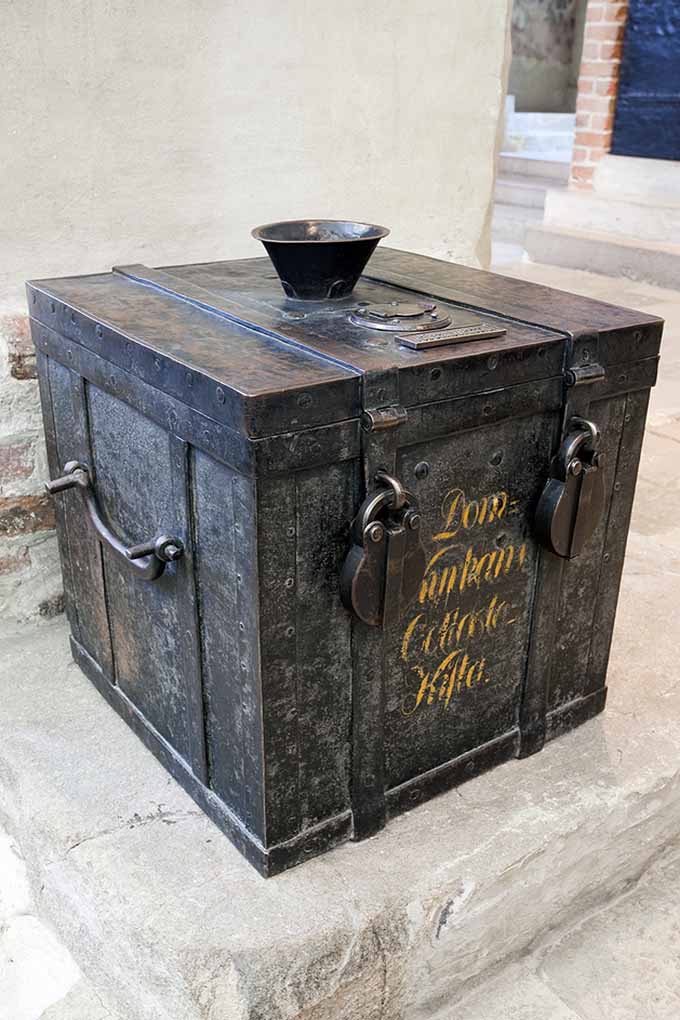
Known as pygg pots, these were often made in the shape of a box with a slit in the top that had to be smashed to retrieve the contents. That’s right – these were the precursor to modern piggy banks!
Hail Caesar!
One more theory goes back even further to the fourth century, during the Roman occupation of the British Isles.
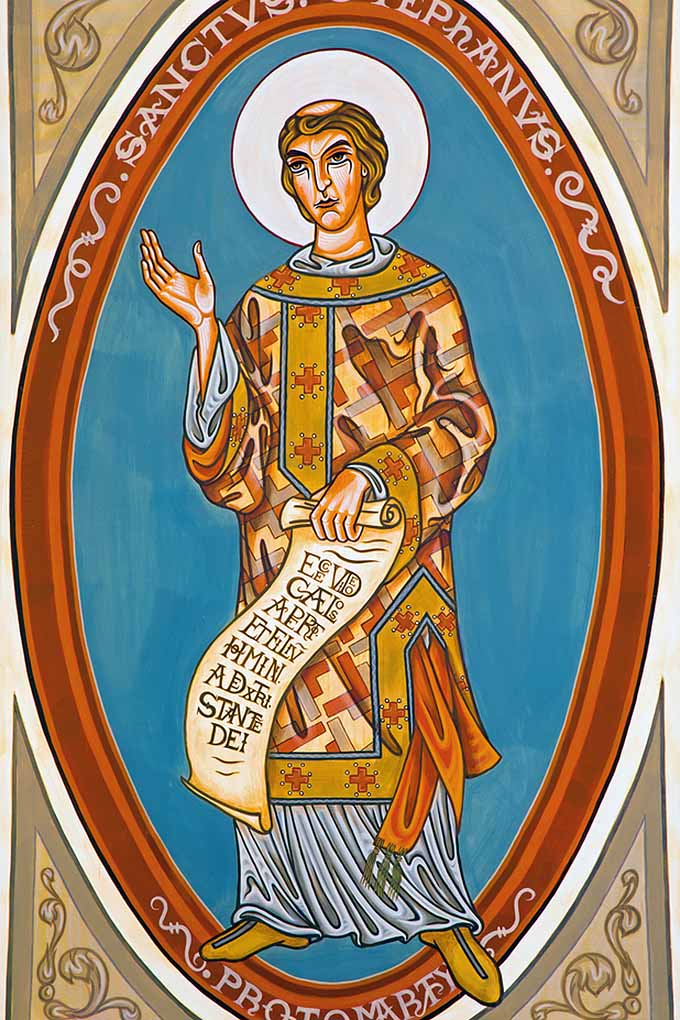
One of the customs the Romans brought to Britannia was the collection of money in stoneware boxes, with the funds used to pay for athletic games.
The Romans also brought Christianity with them, thanks to Constantine the Great. The first Christian emperor, he legalized Christianity in 317 AD with the Edict of Milan, and was himself baptized prior to his death in 337 AD.
Early monks and clergy were soon to adopt the use of the Roman collection boxes for a more altruistic purpose: gathering money to help the poor, in addition to food donations. The boxes would then be opened by priests the day after Christmas, with the coins distributed to those in need.
Once again, the acts of these priests are most likely attributed to the good works of Saint Stephen, whose martyrdom was first commemorated in 415 AD.
The Old Neighborhood
In the neighborhood where I grew up, Boxing Day was always celebrated with an open house and tons of food.
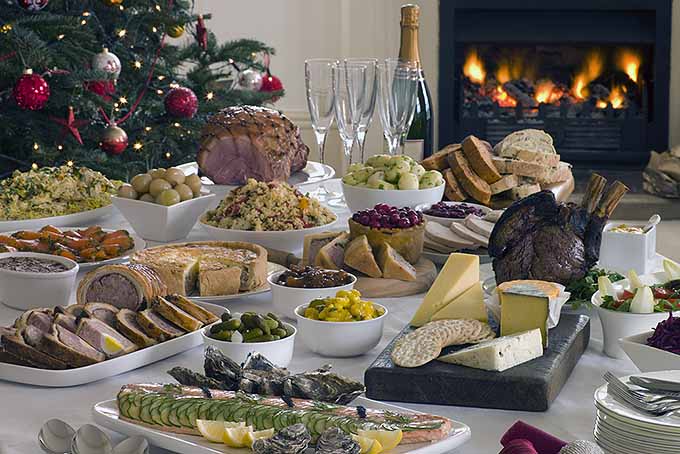
Friends, extended family, and neighbors would drop by to visit, quaff a cup of cheer, and enjoy a bit of nosh – and no one was ever turned away.
Tables would be spread earlier on so no one was stuck in the kitchen cooking, and all could enjoy the camaraderie of the celebration.
A cold buffet of leftover turkey, cold ham, salmon, paté, cold cuts, and sandwiches – along with salads, fruit, nuts, and mountains of baking – were the norm. Everyone was expected to help themselves, and most visitors would bring a dish to add to the feast.
Casual to the max, children would also head outdoors to try out new bikes, skates, skis, or baseball gloves, while the rec room would have a hockey or football game on the TV.
But the day wasn’t just to party – it was also important to include charitable works.
Dinners would be delivered to shut-ins and the elderly. Donations of food, cash, clothes, and toys would be collected for those in need. Stipends were also given to service workers.
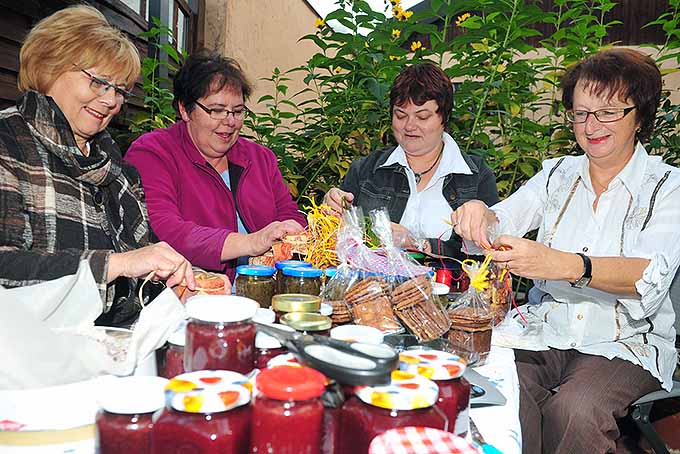
It wasn’t unusual for the paperboy or milkman to make an appearance at an open house, too – whether for a quick bite to eat, or to even receive an envelope with a bit of Christmas cash!
Just like with Christmas eve dinners (including traditions such as the Feast of the Seven Fishes), Boxing Day has plenty to celebrate in the realm of food and much, much more.
Let The Games Begin
In the modern era, athletic competitions and shopping sprees are now common Boxing Day pastimes as well.
Shops and malls are open with reduced hours, and offer blowout sale prices – making them favorite places to go for kids with gift cards, or pretty much anyone looking for a bargain.

In the UK, soccer and rugby leagues have a full lineup of matches, and horse races are popular events, whether attending in person or watching on the telly. In Canada, watching or playing hockey has always been a favorite Boxing Day pastime – and football games are great entertainment, too!
Australia, New Zealand, and South Africa all have test cricket matches traditionally scheduled on the 26th. Yacht races in the southern hemisphere begin around this time as well.
What better pastime is there that gathers everyone together in cold weather – for spending time with loved ones, and dining on delicious food – than to watch your favorite game? Game day feasting is not to be missed, at any opportunity!
Whether it’s shopping, sports, or acting as a generous member of your community, I’m sure you’ll find something to enjoy among the bounty that Boxing Day brings.

Here are a few ways to begin your own traditions:
Donations, Volunteering, and Giving to Charity
There are so many opportunities at this time of year to give back, and many of these are focused on those who are food insecure, the members of our communities who might not know where their next meal is coming from.

If your church collects donations of food, money, toys, or clothes for distribution to the needy on Boxing Day, then they are probably looking for volunteers, too!
Box dinners and food hampers need to be packed, meals and goodies delivered, the elderly assisted or chauffeured, and even the lonely or ill need visiting – all easy ways to contribute, which are always appreciated.
Of course, charity isn’t restricted to church activities or the Christian faith. There are plenty of organizations that need volunteers over the holiday season, if you look around.
Soup kitchens, homeless shelters, senior centers, veterans’ groups, hospitals, community centers, outreach programs, and so on all need a bit of extra support and volunteer assistance at this time of year.
Even better, you can organize a food or clothing drive, donate blood, be a designated driver, or work a shift on a crisis hot line. Or you can even try something a little different, and a bit bold: like arranging a charity tournament or party!
It doesn’t have to be big or fancy. Try hosting a couple of friendly games with a registration fee of food, clothing, toys, school supplies, or cash, with proceeds going to a local organization.
Really, any contribution that helps to improve the lives of others is very much in the charitable spirit of Boxing Day.
Get Active or Enjoy a Performance
If you’re not into watching a game on TV or you’re done with your charitable acts for the time being, get outside and burn off some of those Christmas calories!

Gather family and friends for a hike, bike ride, skating, snowshoeing, or even a game of pickup– anything that gets you moving for an hour or two.
And nothing beats a nice cup of something warm when you’re ready to head back inside after venturing out in the cold, with a plate of freshly baked Christmas cookies.


Fairy tales, pantomimes, Ice Capades, and seasonal performances – like The Nutcracker – are traditional offerings on Boxing Day.
For young children, look for plays or performances that encourage audience interaction or singalongs for a memorable experience.
A nice bonus: some of these programs geared for younger audiences will donate the proceeds to charitable causes, like a local children’s hospital. This makes it a great way to introduce kids to the idea that giving can feel good!
Of course, no one ever said a high ticket price was key to having a good time. Photocopy a few pages of a short play and assign parts to be read aloud in the living room, pile onto the couch to watch a favorite film, or coordinate a rousing game of charades. All of these are much improved, of course, with a tasty selection of homemade snacks.
Host an Open House
If it’s a little much to try hosting everyone for Christmas and providing ample food, organize a simple get together with extended family, friends, and neighbors on Boxing Day. That way, you can gather everyone together at a time when they might have some more availability in their calendars!

Keep it casual, host a potluck buffet, and use up some of those leftovers – or, you could make it a fancy affair, if you have the energy.
To make it a true Boxing Day event, let your guests know ahead of time that a hamper for non-perishable food items will be on hand for contributions to a local soup kitchen or homeless shelter.
Wrapping It Up
From Victorian gentry celebrating Saint Stephen all the way to vicars in the Middle Ages giving alms to the poor, it’s clear that the good things on Boxing Day do indeed come in small packages – or, in this case, boxes!
Even if you have to work on the 26th, you can still give just as generously in the realm of food as you can enjoy the delicious food traditions that Boxing Day holds.

Simply being kind, patient, and of good cheer can be generous acts enough, too!
The wisdom contained in the last lines of Good King Wenceslas pretty much sums it up: “Ye who now will bless the poor, shall yourselves find blessing.”
Do any of you readers have a Boxing Day tradition or idea that you’d like to share, especially when it comes to food and giving? Drop us a line in the comments below – we always appreciate your thoughts!
Royal icing and sugar cookie photos by Nikki Cervone, © Ask the Experts, LLC. ALL RIGHTS RESERVED. See our TOS for more details. Uncredited photos: Shutterstock.
About Lorna Kring
Recently retired as a costume specialist in the TV and film industry, Lorna now enjoys blogging on contemporary lifestyle themes. A bit daft about the garden, she’s particularly obsessed with organic tomatoes and herbs, and delights in breaking bread with family and friends.

